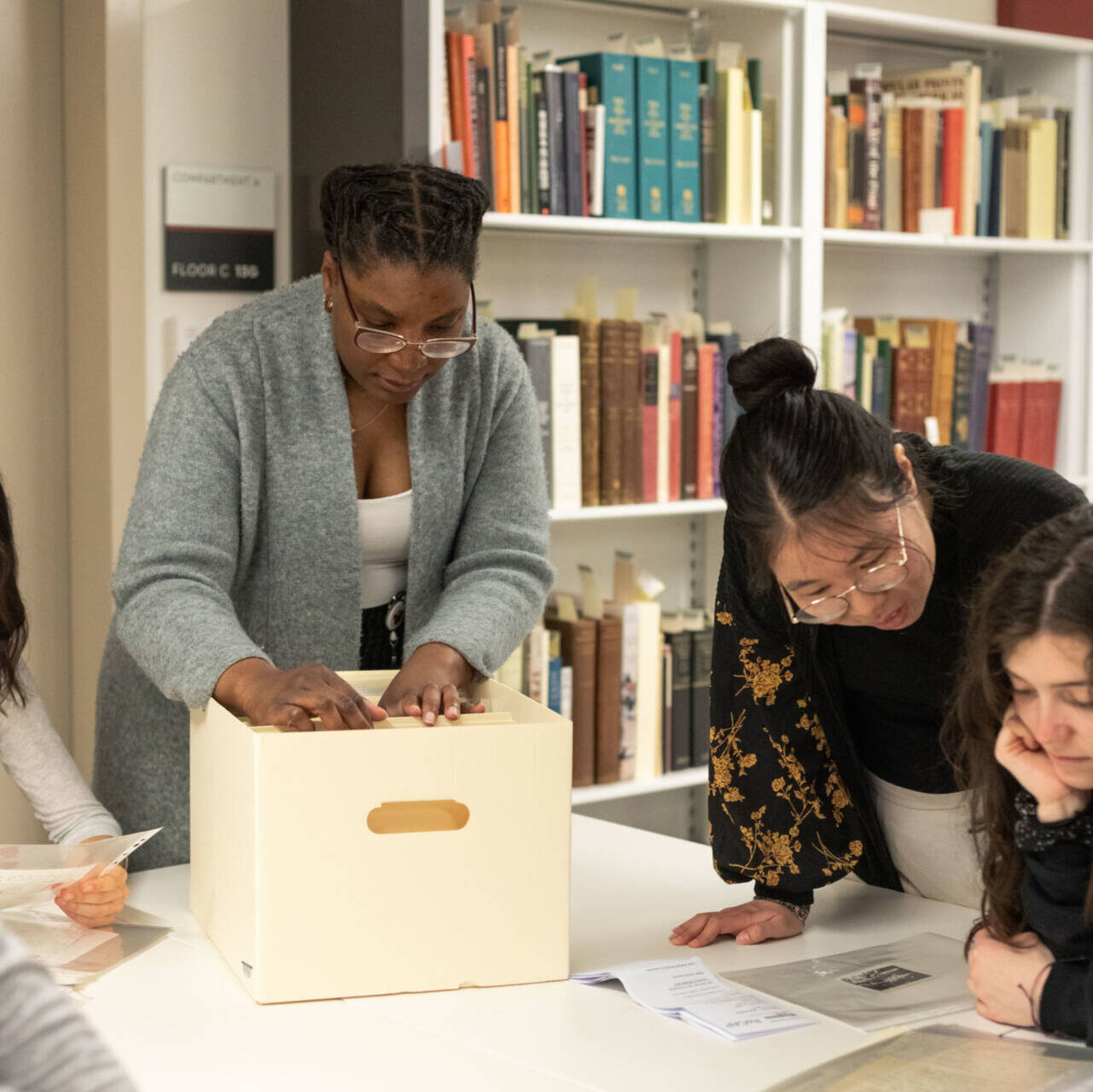
Many STEM majors here have the same rite of passage: core lab. For non-lab majors, core lab is a class that is purely to teach you about lab techniques and critical thinking skills that are useful for writing our theses. They usually involve a bit of a simulated lab experience where you discover new findings while the teachers guide you through the motions of a lab research experience.
Molecular biology’s core lab meets twice a week for 3 hours and then a small 50 minute lecture/precept on Fridays for half the semester. Other majors have similar constraints. However, while at first it may seem a bit overwhelming and even redundant if you’ve already done these procedures in a lab or are in a lab that definitely will not be using any procedures you learn, core lab goes beyond just teaching you technical skills.
I too was confused as to why I was here and why this mattered, but over time, I began to internalize one of the real skills this class is meant to teach you, something that pipetting will never give you: asking the right questions.
One of the scariest things about my thesis is that I wasn’t sure how I would even begin to be researching a question. There’s so much in science and so much already discovered that any question I pose surely was already answered (if I could even think up a question in the first place). However, core lab showed me the way those questions begin.
First, there’s a lot of reading involved. Yet, somehow, not as much as I expected. It’s so easy to look at all the papers in a field and be overwhelmed by them, but once you pick a certain direction, that number shrinks, and you start to focus on only certain details in papers rather than the whole paper. This lowers your amount of reading considerably. For example, in core lab, I am researching a specific gene in the tracheal system of flies. Once I focused on a specific function of the gene, the reading I had to do passed by much quicker. It’s definitely a lot of reading, but it was reading that I knew would be useful, and not just aimless wandering in a sea of information.
Finding un-researched aspects in a paper is so much easier than you think. Papers seem daunting with the sheer amount of information, but core lab taught me that researchers like to say the same thing through multiple forms of data and multiple explanations. I realized that they are a lot more limited than it may seem. I found myself still wondering more about what they researched by the end of the paper, which opened a perfect gap for the research we are doing in core lab.
The fact that it is simulated takes a lot of the pressure off. Core lab is a great experience and peek into actual research, but it is, at the end of the day, a course, and the professors do give you a lot of guidance. However, this guidance allows you to make mistakes without the risk of your thesis on the line. It lets you ask the questions you may be too intimidated to ask your PI or your graduate student mentor. In addition, I found myself taking the plunge into research papers with less apprehension, which then resulted in me realizing that they aren’t as convoluted or as scary as they may seem.
So yes, core lab can be a lot of work, but research in the real world is a lot of work, and core lab felt like a free trial of a senior thesis. While I’m sure I am going to encounter a lot more obstacles in my own research, learning to formulate my own question from the depth of knowledge present in biology was like a weight off my shoulders. I felt like I could actually tackle my senior thesis like a proper scientist, rather than blundering around the immense amount of information found in biology. If you have a core lab or something similar in your major, then chin up: it’s absolutely worth it. If you are currently in your core lab, I hope this article inspired you to be a bit more optimistic about it.
– Haya Elamir, Natural Sciences Correspondent

